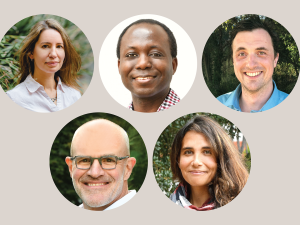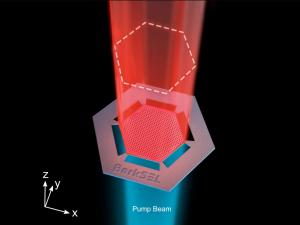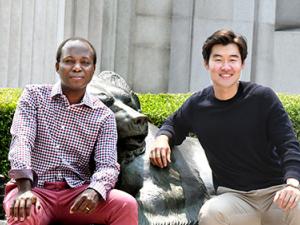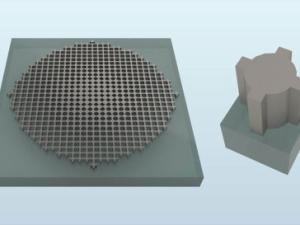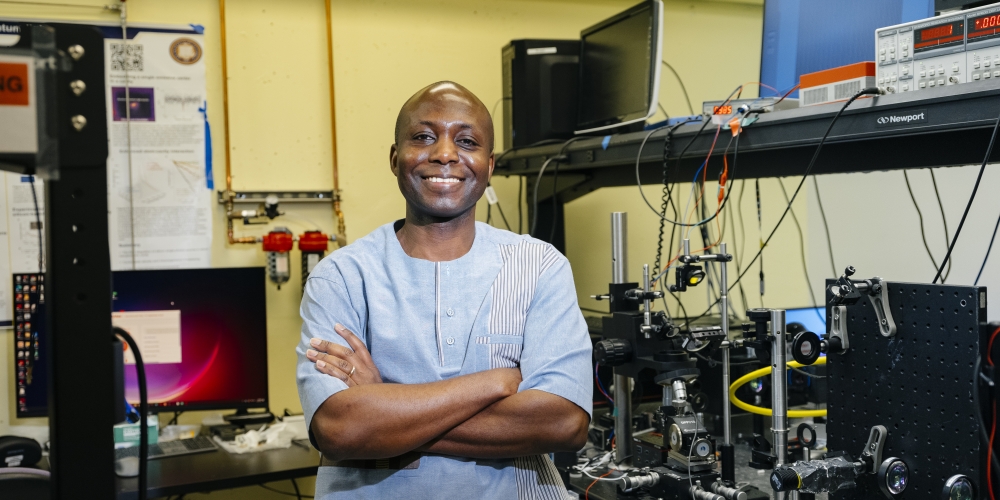

Research Bio
Boubacar Kante is the inaugural Chenming Hu endowed Chaired Professor at UC Berkeley, Electrical Engineering and Computer Sciences (EECS). His multidisciplinary research interests are in the areas of wave-matter interaction and classical and quantum optoelectronics. His interests spans from microwaves to optics and related fields such as antennas, nanophotonics, novel materials, and nonlinear optics.
Boubacar Kanté is best known for his discovery of scale-invariant lasers, also known as Berkeley Surface Emitting Lasers (BerkSELs), that overcome a more than six-decade long challenge in wave-physics on how to increase the size of a lasing cavity while maintaining it single mode. He proposed and demonstrated the world first topological laser (an intrinsically non-reciprocal laser) based on the quantum Hall effect for light, a demonstration selected as one of the top 10 discoveries by Physics World in 2017. He demonstrated the world first bound state in continuum (BIC) laser, where he highlighted the unique scaling of BIC cavities for enabling compact and efficient light sources. He also demonstrated the first on-demand quantum light source in silicon emitting telecom photons. His group hold the world record for plasmonic nano bio sensing (immuno-assay nanosensing) using a scheme he proposed for the subwavelength-scale implementation of singularities of open systems known as exceptional-points. He also holds the world record for the bandwidth and efficiency of planar structured lenses, a structure he named “the Fishnet-Achromatic-Metalens (FAM)”. Prof. Kanté demonstrated the first non-magnetic metamaterial invisibility cloak. He introduced the notion of symmetry/parity of ring resonators, an idea used to prove that closed rings, previously believed incapable of producing artificial magnetism, can make ultra-broadband negative index in metamaterials.
Research Expertise and Interest
optoelectronics, quantum optics, optimization, Antennas, Biophysics and Sensing

